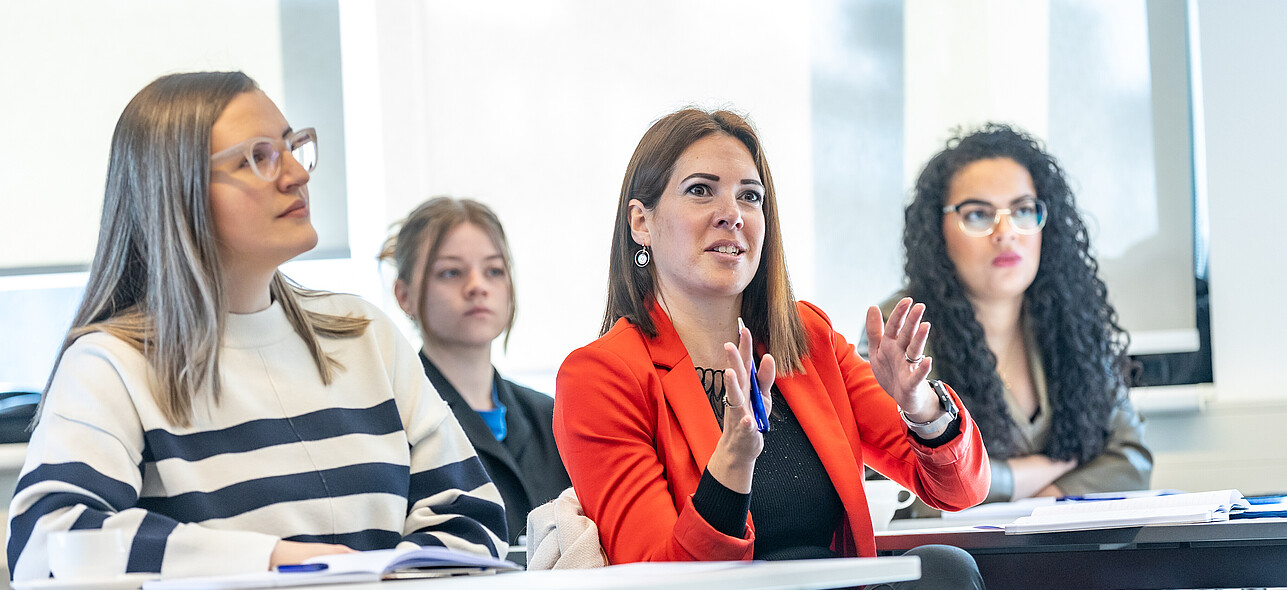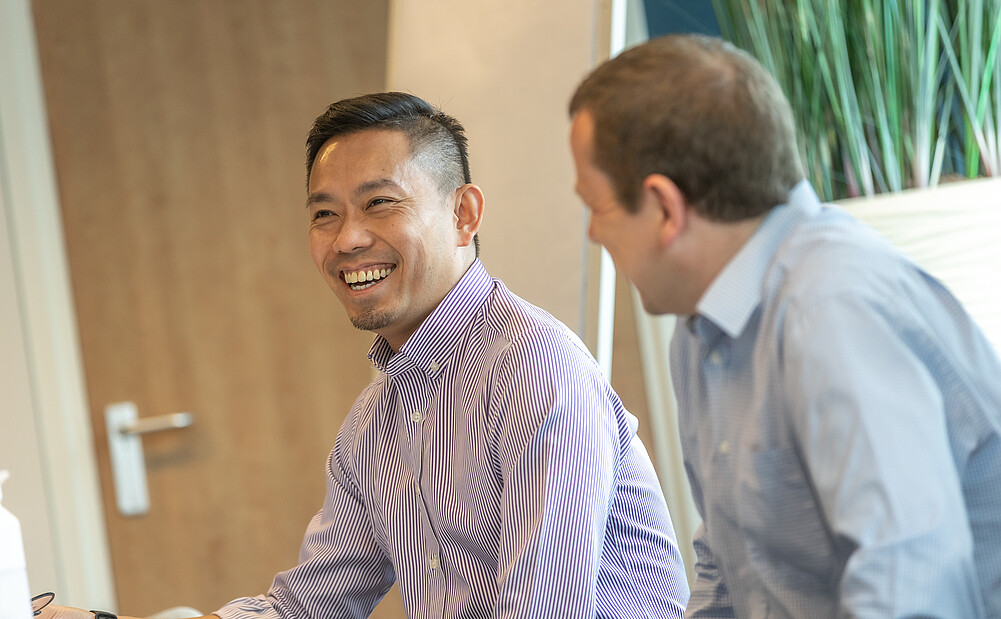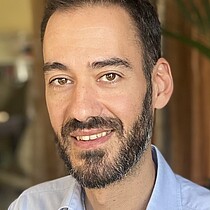

When I ask managers this question, they mostly talk about decisions with fantastic results: Bill Gates dropping out of Harvard to start Microsoft, or Steve Jobs introducing the iPhone. But is that really how you recognise a great decision? I want to propose a shift in perspective with profound implications for how you look at decision making.
Imagine your partner emptied your savings account, went to the casino, bet it all on black, and won. They come home and say, “Look, honey, I played roulette and doubled our savings!” One part of you would dance around in joy, but another part would shout at them: “You did what?! Are you nuts?” Needless to say, this is a terrible decision that happened to have a good outcome.
In business decisions, you’re dealing with the future. That means uncertainty is always involved. So when you look at outcomes, you see the quality of the decision plus a luck factor – good or bad luck. In a formula:
Good things happen when you shift your perspective and start looking at the quality of decisions not based on outcomes, but based on the information available at the time of making the decision. This allows you to separate quality from luck, and truly focus on decision quality. And more importantly, it allows you to correct rather than regret. By focusing on process instead of outcomes, you get better outcomes.
You may have heard the expression “the benefit of hindsight,” which means that looking back, now that you have more information, it’s easy to see what you should have done. The disadvantage of hindsight is that by then it’s too late to do anything about it. If instead we start thinking about the quality of decisions before we commit to them, we can still adjust course.

This raises an important question: how can you accomplish this? How can you evaluate the quality of your decision before committing to it, without the benefit of hindsight? Here, a structured approach helps.
Many such approaches exist. If you want to learn more how I help executives gain clarity in decision making, you can join the free online info session below.
Philip Eskenazi is an academic lecturer at Rotterdam School of Management, Erasmus University (RSM), Amsterdam Business School, and several other institutions. He teaches thinking skills – decision making, critical thinking, creativity, deep focus and dealing with uncertainty – at the bachelor and master level. Philip also develops and manages programmes in executive education and has a broad experience in coaching professionals on their learning journey. Philip holds a PhD from RSM and a degree in philosophy from King’s College London, and his research has been published in leading academic journals.
